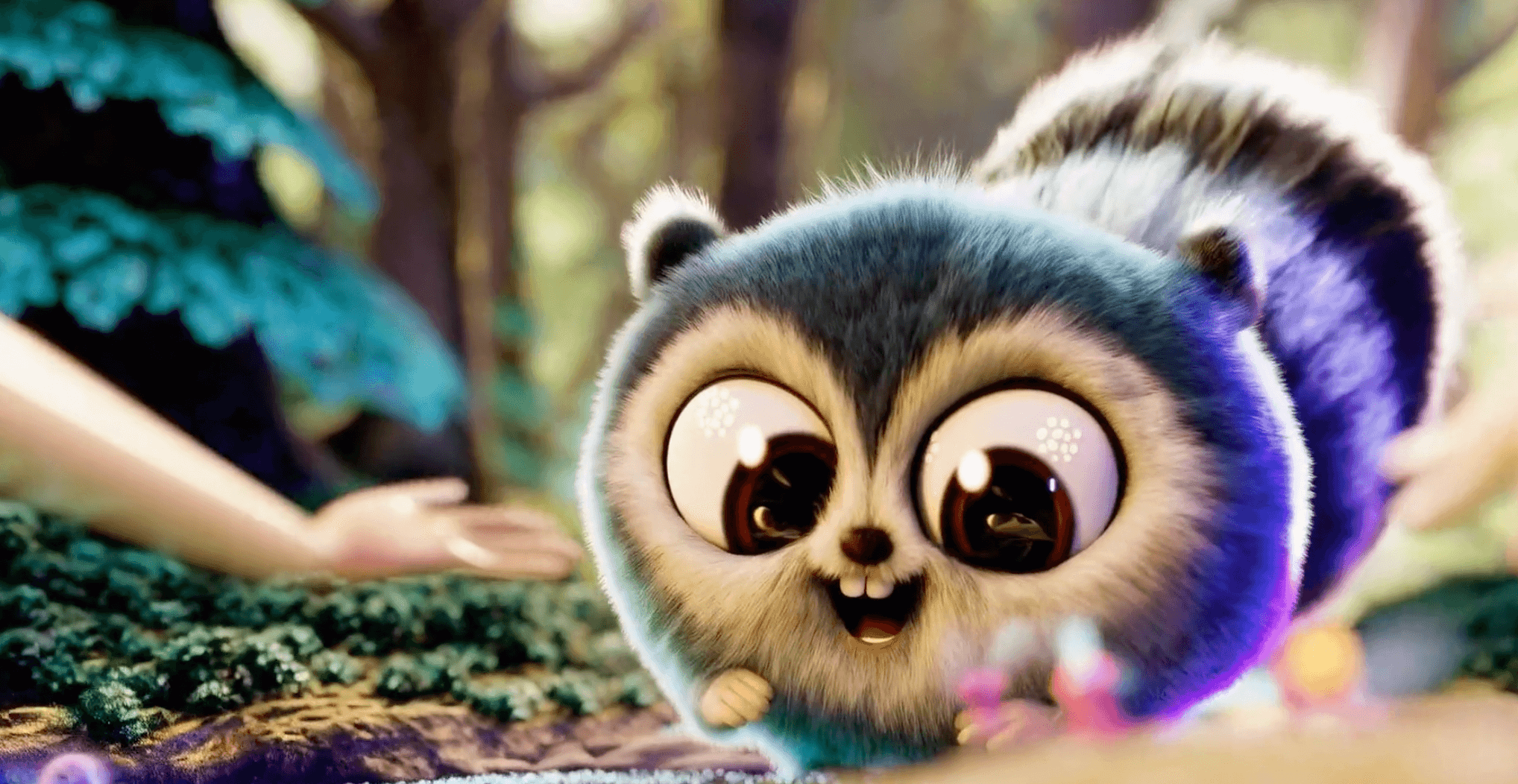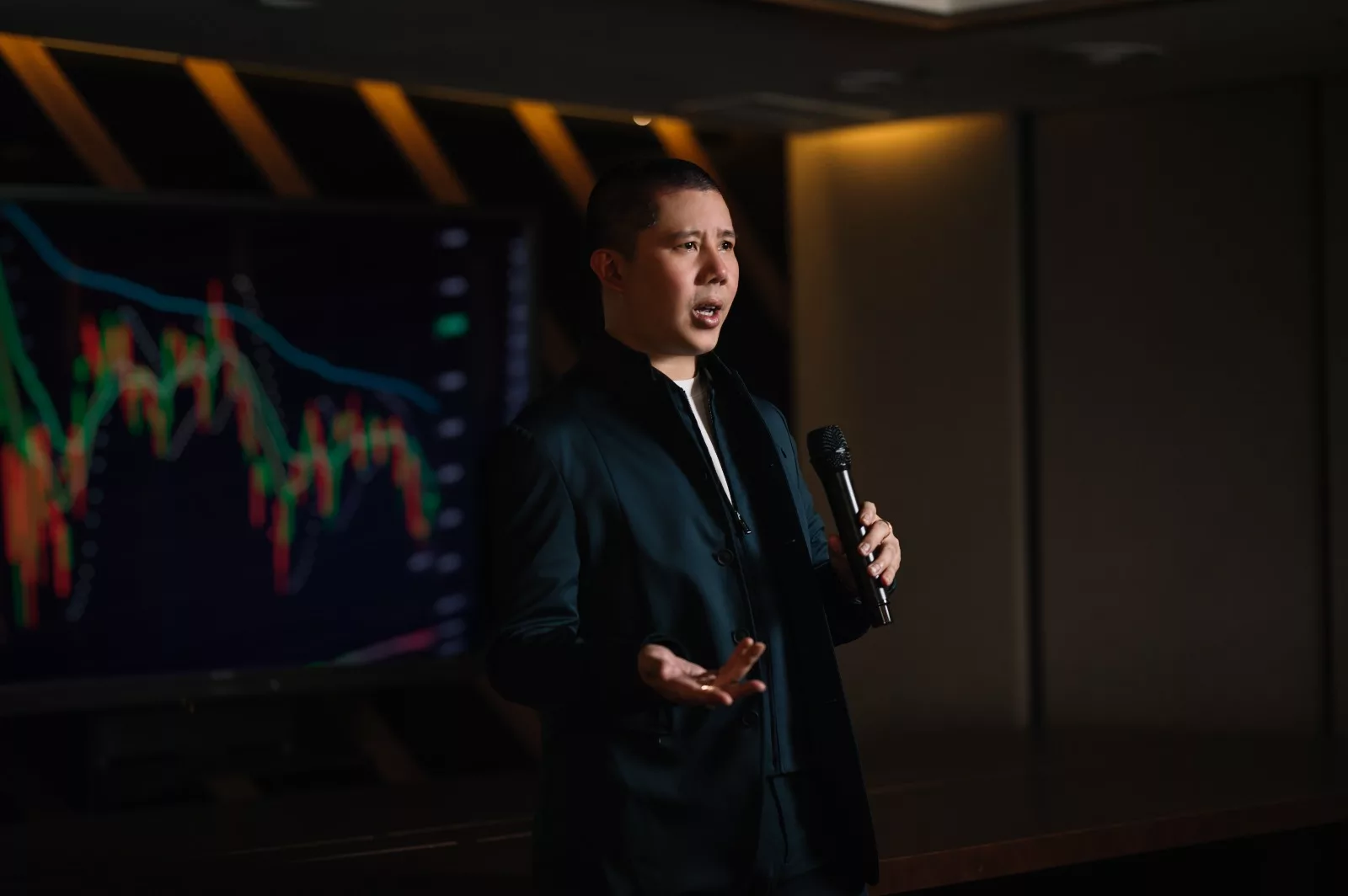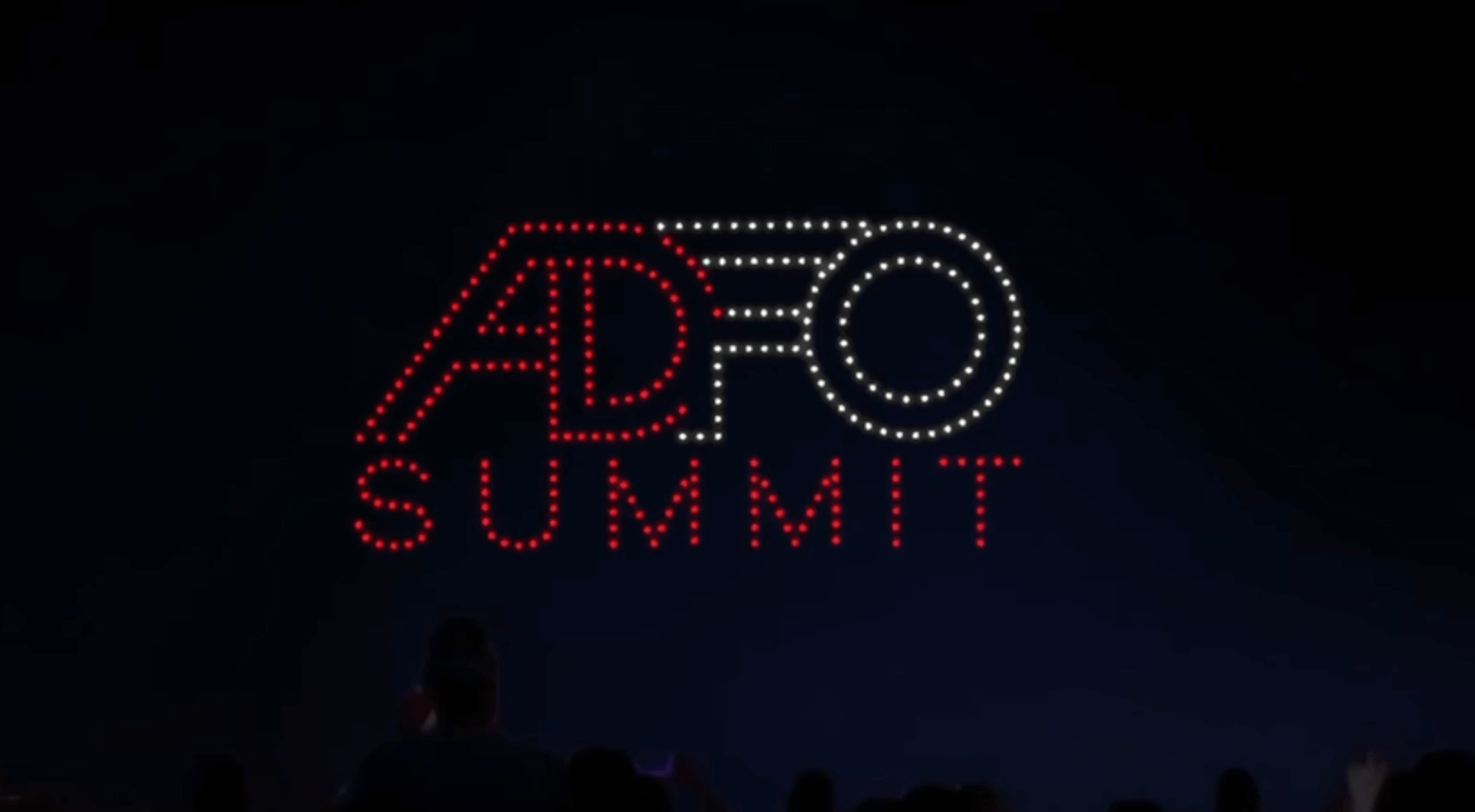The rapid evolution of entertainment, marked by the transition from traditional plays and radio theater to the colorful spectacle of television, has been a journey of technological and creative milestones. Today, we stand on the brink of a transformative era with the advent of AI-generated content, heralded by OpenAI’s Sora and ElevenLabs‘ groundbreaking voice generation technology. These innovations promise to revolutionize video and audio media, enabling the creation of high-quality content devoid of traditional production roles.
As we delve into the potential of AI in entertainment, it becomes evident that this technology could democratize content creation, allowing individuals and emerging studios to craft compelling narratives without the need for extensive production teams. This shift towards AI-generated content signifies a significant leap from static to dynamic media, where viewers can personalize stories to their preferences, potentially altering endings or characters to suit their tastes.
The concept of user-driven content, already prevalent on platforms like YouTube, will be amplified by AI, fostering a new era of personalized entertainment. This evolution will challenge traditional content creation norms, pushing professionals to adapt to a landscape where automation plays a central role. The prospect of infinitely alterable content raises questions about authenticity and the balance between creativity and technology.
As AI continues to integrate into the fabric of entertainment, the distinction between creators and consumers may blur, offering unprecedented opportunities for interaction and customization. This could lead to a more immersive experience, bridging the gap between passive viewing and active participation, akin to the hybridization of video games and traditional media.
Furthermore, AI’s capability to complete or enhance our lucid dreams into tangible video content presents an intriguing future where personal fantasies and narratives can be shared and experienced in new, vivid forms. This melding of dreamscapes with digital storytelling opens the door to limitless creative exploration, enabling individuals to not only envision but also share their most intimate stories with the world.
As we look towards a future dominated by AI-driven entertainment, it’s clear that the industry is poised for a paradigm shift. Content creation, once the domain of a select few, will become a more inclusive and collaborative process, with technology serving as both a tool and a canvas for our collective imagination. This transition may not be seamless, and resistance is inevitable, but the potential for innovation and personal expression is boundless.
In conclusion, the integration of AI in entertainment marks a pivotal moment in the evolution of media, challenging us to reimagine the boundaries of creativity, storytelling, and audience engagement. As we navigate this new landscape, the opportunities for creators and consumers alike are as vast as our imagination, heralding a new era of interactive and personalized entertainment that transcends traditional formats and conventions.










